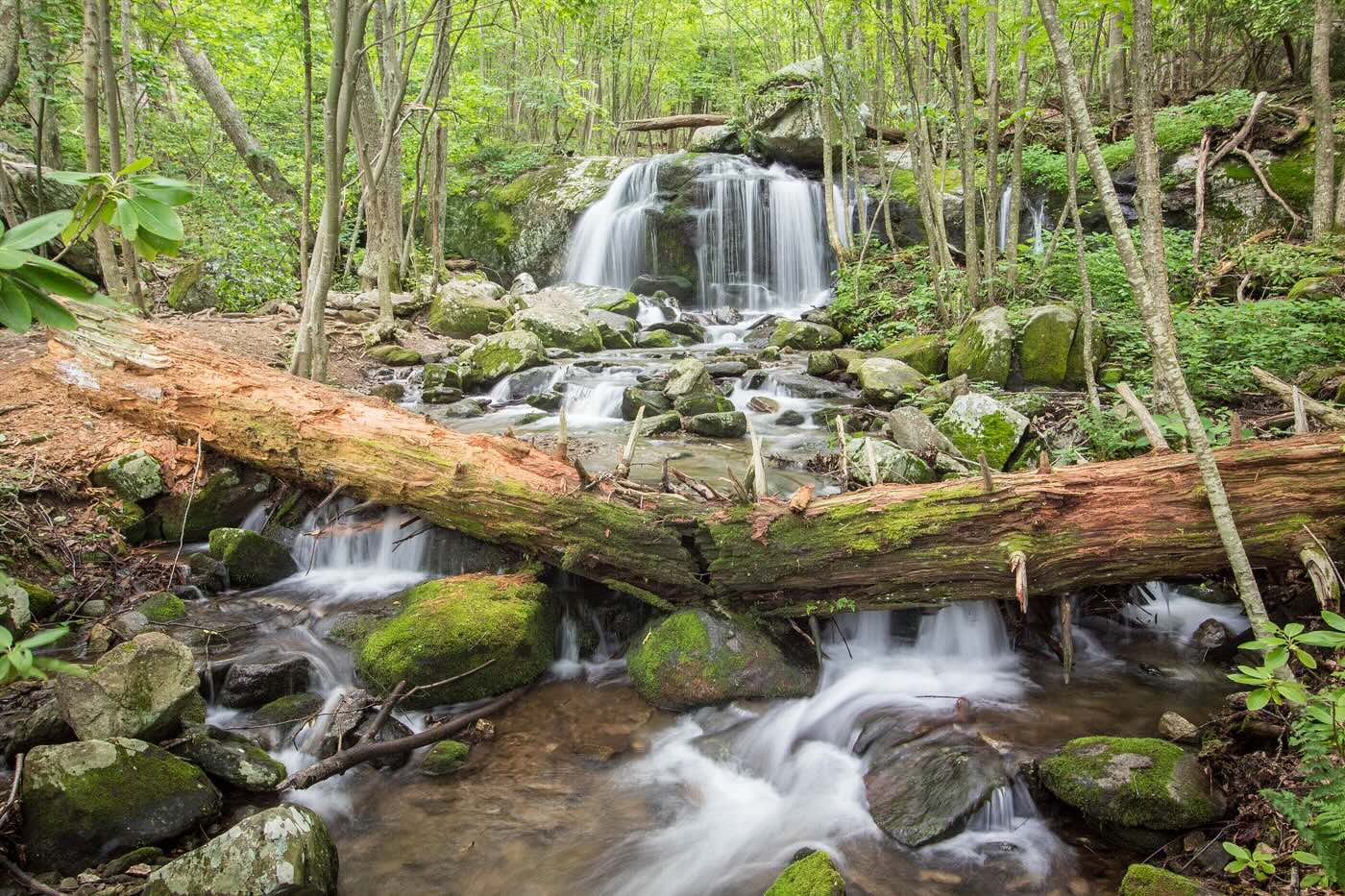Secrets Behind Virginia’s Lost Orchards

Have you ever wondered about the lost orchards of Virginia? These mysterious places hold stories of the past, where once vibrant apple trees stood tall. Virginia, known for its rich history and scenic landscapes, hides these forgotten gems. Once bustling with activity, these orchards provided apples for cider, pies, and more. Over time, many vanished due to urban development, changing agricultural practices, or simply being forgotten. Yet, traces remain, whispering tales of old. Exploring these hidden spots offers a glimpse into a bygone era, connecting us to the land's agricultural roots. Whether you're a history buff or nature lover, uncovering these orchards can be a rewarding adventure. Let's dive into the stories and secrets of Virginia's lost orchards and see what they reveal about the state's past.
Virginia's Forgotten Orchards: A Journey Through Time
Virginia, known for its rich history and stunning landscapes, holds secrets within its rolling hills and lush valleys. Among these secrets are the lost orchards that once flourished across the state. These orchards, now hidden or forgotten, tell stories of a bygone era when fruit trees were a vital part of Virginia's economy and culture. Let's uncover some of these intriguing locations.
1. Albemarle County's Hidden Groves
Nestled in the heart of Virginia, Albemarle County was once a thriving hub for apple orchards. The county's fertile soil and favorable climate made it ideal for growing a variety of apple species. Today, remnants of these orchards can still be found, offering a glimpse into the past.
- Carter Mountain Orchard: While still operational, this orchard has roots dating back to the early 1900s. It serves as a living testament to the area's rich apple-growing history.
- Vintage Apple Trees: Scattered across the county, these ancient trees stand as silent witnesses to the once-bustling orchards.
2. Shenandoah Valley's Apple Legacy
The Shenandoah Valley, with its breathtaking views and fertile lands, was once a major player in Virginia's apple industry. Although many orchards have vanished, their legacy continues to shape the region's identity.
- Winchester's Apple Heritage: Known as the "Apple Capital," Winchester celebrates its orchard history with annual festivals and events.
- Abandoned Orchards: Hidden among the hills, these forgotten groves offer a haunting beauty, reminding visitors of the valley's fruitful past.
3. Nelson County's Pear and Peach Past
Nelson County, famous for its peaches and pears, was once dotted with vibrant orchards. These orchards played a crucial role in the local economy, providing fresh fruit to markets across the state.
- Old Pear Trees: Some of the oldest pear trees in Virginia can be found here, their gnarled branches telling stories of seasons long past.
- Peach Blossom Trails: In spring, the county's landscape transforms with the blooming of peach blossoms, a nod to its orchard heritage.
4. Loudoun County's Cider Tradition
Loudoun County, known for its rolling vineyards today, was once a cider-producing powerhouse. The orchards here were primarily dedicated to apple varieties perfect for cider making.
- Historic Cider Mills: Though many have closed, a few historic cider mills still operate, preserving the traditional methods of cider production.
- Orchard Ruins: Scattered across the county, these ruins evoke a sense of nostalgia for the cider days of old.
5. Patrick County's Forgotten Fruit Farms
Patrick County, with its mountainous terrain, was home to diverse fruit farms. These farms grew everything from apples to cherries, contributing to the county's agricultural diversity.
- Cherry Tree Remnants: A few cherry trees still bloom each spring, offering a fleeting reminder of the orchards that once thrived.
- Old Farmsteads: Abandoned farmsteads dot the landscape, their crumbling structures hinting at a time when fruit farming was a way of life.
6. Botetourt County's Orchard Relics
Botetourt County, with its rich soil and favorable climate, was a prime location for orchards. Although many have disappeared, traces of these orchards can still be found.
- Apple Tree Groves: Hidden in the woods, these groves are a testament to the county's apple-growing past.
- Historic Farm Tours: Some farms offer tours, allowing visitors to step back in time and experience the orchard life of yesteryear.
7. Rockingham County's Plum and Apricot Past
Rockingham County, known for its diverse fruit production, was once a hub for plums and apricots. These orchards contributed to the county's reputation as a fruit-growing powerhouse.
- Plum Tree Patches: A few plum trees still bear fruit, offering a taste of the county's orchard history.
- Apricot Orchards: Though rare, some apricot orchards remain, their golden fruits a reminder of the county's agricultural heritage.
Rediscovering Virginia's Orchard Heritage
Virginia's lost orchards hold stories of the past, offering a glimpse into the state's rich agricultural history. These orchards, once thriving, played a crucial role in local communities, providing not just fruit but also a sense of identity and tradition. Today, efforts to revive these forgotten lands are gaining momentum. Enthusiasts and historians are working together to bring back heirloom varieties, ensuring that future generations can enjoy the unique flavors and stories tied to them. Visiting these orchards offers a chance to connect with nature and history, experiencing the beauty and bounty they once provided. Whether you're a history buff, a nature lover, or simply curious, exploring Virginia's orchard heritage is a rewarding journey. By supporting these initiatives, you help preserve a vital part of Virginia's legacy, ensuring that the stories and flavors of these orchards continue to thrive.

